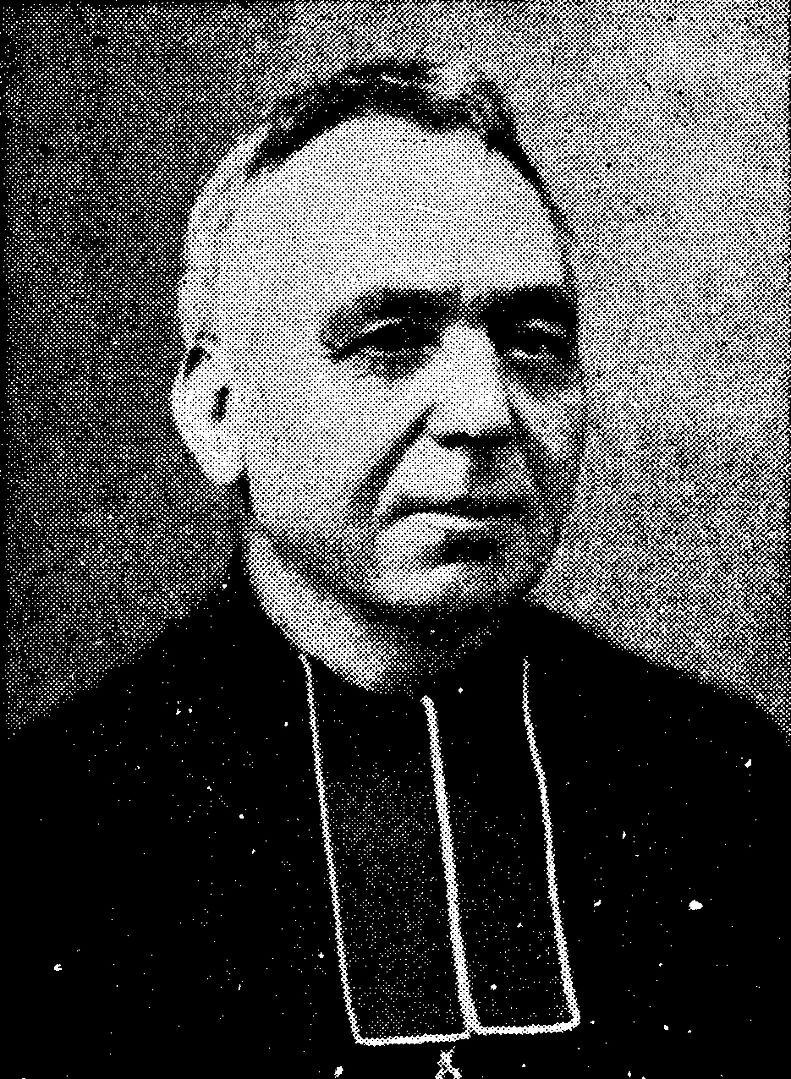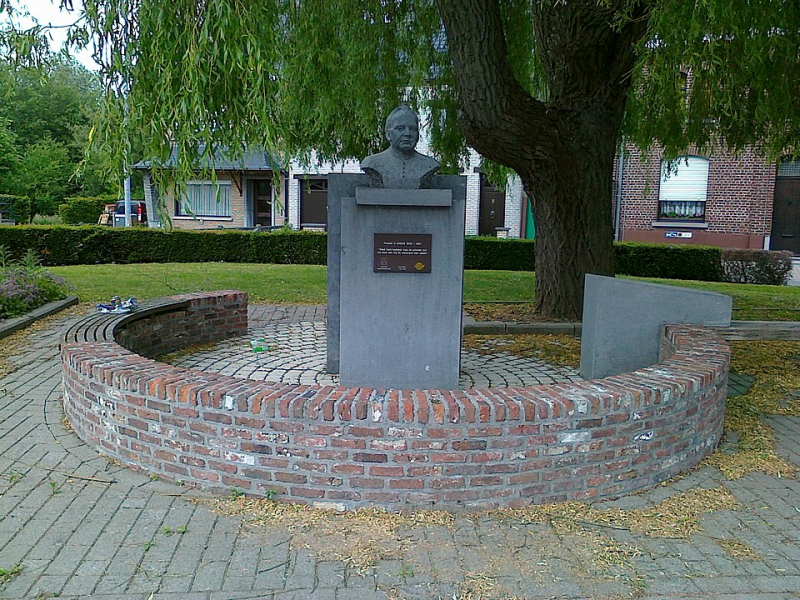Adolf Daens
One of the most important historical figures in Belgium is Adolf Daens. He (18 December 1839 – 14 June 1907) was an Aalst-born Flemish priest. He entered the Society of Jesus in 1858 but left two years later to become a priest. He is well recognized for his sociopolitical activism after joining the diocesan priesthood. He founded the "Daensist movement," which was inspired by Leo XIII's encyclical Rerum Novarum and began in 1893 with the Christene Volkspartij. The Christene Volkspartij compelled the mainstream Catholic Party to radicalize and democratize.
In 1894, Daens was elected to the Belgian parliament. Right-wing Catholic organizations won his bishop's censure (1898), but this did not prevent him from being re-elected M.P. (1902–1906). He made significant contributions to the developing social awareness among Belgian Catholics and is a pivotal figure in the Flemish movement as well as the history of Belgian trade unions. His bishop, Antoon Stillemans, suspended him. He passed away in Aalst.
Adolf's brother Pieter Daens is the narrator in Louis Paul Boon's novel Daens (Pieter Daens of hoe in de negentiende eeuw de arbeiders van Aalst vochten tegen armoede en onrecht, i.e., "Pieter Daens or How the workers of Aalst fought poverty and injustice in the nineteenth century"). In 2005, he ended fifth place in the Flemish version of the De Grootste Belg election ("The Greatest Belgian"). Daens was ultimately rehabilitated by the church on June 6, 2015, 108 years after his death. Monsignor André-Joseph Léonard, Archbishop of Mechelen-Brussels, presided over the yearly Mass in his honor.












